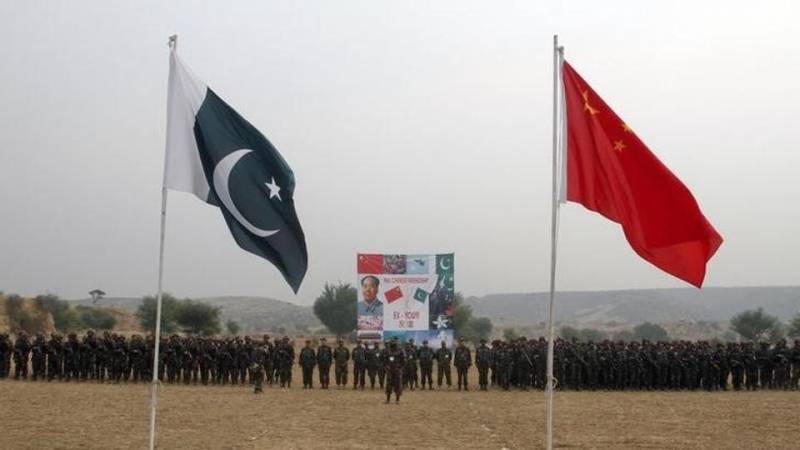Pakistan-China to jointly produce Ballistic and Cruise Missiles
Shares

China plans to scale up its defence cooperation with its “all-weather” ally Pakistan to co-produce ballistic missiles, in an apparent retaliation to India developing the nuclear-capable Agni V missile that has a range of over 5,000 km covering whole of China.
Declining to react to Chinese official media reports that Beijing plans to co-produce ballistic and cruise missiles with Pakistan, besides mass production of military aircraft, Chinese Foreign Ministry however said Beijing stands for “strategic balance” in South Asia. “On Pakistan army chief’s visit to China, the Pakistan military has released information about the meetings between the him and the Chinese counterpart,” Chinese Foreign Ministry spokesperson Hua Chunying told media briefing in Beijing.
“From the news release, we did not see anything about the agreement about ballistic missiles,” she said while answering a question about a report in the state-run Global Times that China plans to step up its defence cooperation with Pakistan, including ballistic, cruise missiles besides joint mass production a multi-role combat aircraft.
On his first visit to China, Pakistan’s army chief Qamar Javed Bajwa held talks with Fang Fenghui, chief of the Joint Staff Department under the Central Military Commission of China on Thursday.
Bajwa also called on Chinese Executive Vice Premier Zhang Gaoli, Vice Chairman of the Central Military Commission, Gen Fan Changlong and Commander of the People’s Liberation Army Gen Li Zhuocheng and discussed regional security, economy, defence cooperation and other issues of mutual interest. This is the first time the official media mentioned about the likely cooperation between the two all-weather allies on the co-production of ballistic and cruise missiles.
Pakistan is heavily reliant on its defence needs from China. “What I can tell you is that China and Pakistan maintain normal defence exchanges and relevant cooperation,” Hua said.
Asked whether China is open to the idea of working closely with Pakistan on developing missiles specially in the light of the 1998 UN Security Council resolution 1172 which called on India and Pakistan to stop testing ballistic missiles, Hua said all the UN members have the obligations and responsibility to observe the UN resolutions.
The non-binding UNSC resolution passed in the backdrop of nuclear tests by India and Pakistan in 1998 called on both the countries to cease testing of ballistic missile capable of carrying nuclear warheads.
“Our position on the strategic balance on the South Asia is consistent,” she said without elaborating. Last December reacting to India’s successful test firing of Agni-V missile, Hua referred to the particular UNSC resolution.
